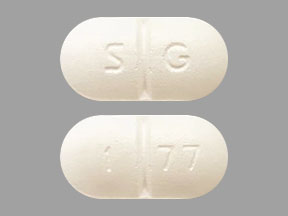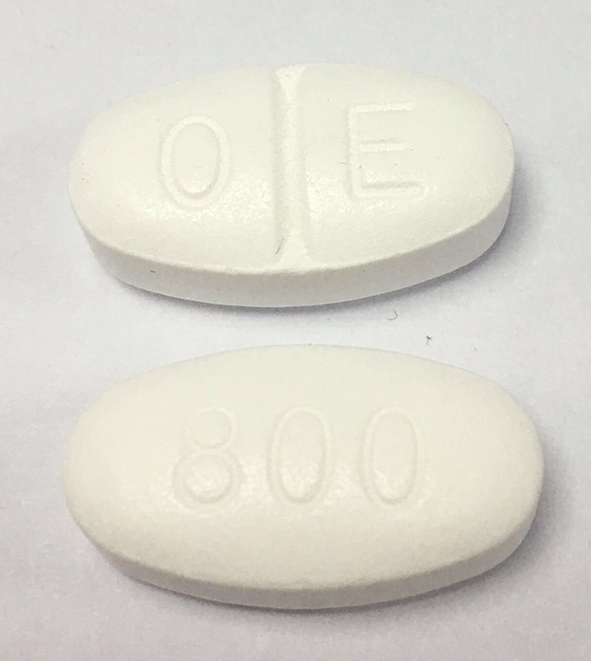Gabapentin, a versatile medication with diverse applications, can interact with various substances, potentially leading to adverse effects. It is crucial for individuals using gabapentin to be aware of these interactions to ensure the safety and efficacy of their treatment. It is imperative for healthcare professionals and patients alike to thoroughly discuss and understand these potential gabapentin interactions to navigate treatment regimens safely.

Below are common gabapentin interactions and their associated effects:
- Losartan (angiotensin II receptor blocker): The combination of gabapentin and losartan may increase the risk of dizziness and drowsiness.
- Ethacrynic acid (diuretic): Gabapentin may decrease the effectiveness of ethacrynic acid.
- Caffeine: High doses of caffeine may increase the side effects of gabapentin, such as dizziness and drowsiness.
- Phenytoin (anticonvulsant): Gabapentin may increase the concentration of phenytoin, potentially leading to toxicity.
- Mefloquine (antimalarial): Mefloquine may increase the risk of seizures when combined with gabapentin.
- Magnesium oxide (mineral supplement): Taking magnesium oxide with gabapentin may reduce the absorption of gabapentin.
- Cimetidine (histamine H2 receptor antagonist): Cimetidine may increase the concentration of gabapentin in the blood.
- Naproxen (nonsteroidal anti-inflammatory drug – NSAID): NSAIDs, including naproxen, may increase the risk of certain side effects when taken with gabapentin.
- Sevelamer (phosphate binder): Gabapentin may decrease the absorption of sevelamer, potentially reducing its effectiveness.
- Painkillers (opioids): Combining gabapentin with opioids may increase the risk of central nervous system depression, leading to respiratory distress, enhanced sedation, and greater potential for abuse.
- Antidepressants: The combination of gabapentin with certain antidepressants may increase the risk of serotonin syndrome, a potentially life-threatening condition.
- Antipsychotic medications: Combining gabapentin with antipsychotic medications may increase the risk of dizziness, drowsiness, and impaired concentration.
You should disclose all of the medications you take to your healthcare provider, including over-the-counter medications, supplements, and herbal products. Based on your medical history and unique situation, they can offer tailored advice. Never change your medication schedule without first talking to a healthcare provider.
Gabapentin Interactions With Alcohol
In addition to avoiding certain drugs, individuals who take gabapentin should also avoid drinking during treatment. A gabapentin and alcohol interaction can have dangerous side effects, which is why it’s generally discouraged to drink while taking the medication. Both substances act as central nervous system depressants, and together, they can increase an individual’s risk of sedation, dizziness, and impaired cognitive function.
Below are some additional side effects of gabapentin and alcohol to consider:
- Increased central nervous system depression: Alcohol and gabapentin have the potential to sedate the central nervous system. When combined, they might have a synergistic or additive effect that makes you feel more sleepy and impaired.
- Cognitive impairment: These two substances together may affect cognitive function, such as coordination and focus. This may make falls and accidents more likely.
- Dizziness and drowsiness: Drinking while on gabapentin can make people drowsy and dizzy, as both medications can produce these effects individually.
- Increased risk of overdose: Alcohol and gabapentin together may make respiratory depression more likely. This is especially dangerous for people who have heart or breathing problems.
- Gastrointestinal side effects: Combining the two substances may increase the risk of gastrointestinal adverse effects like nausea and vomiting.
Everyone responds differently to medication, and alcohol and the degree of interaction can be influenced by a variety of factors, including the dosage of gabapentin, the quantity of alcohol consumed, and individual health conditions.
